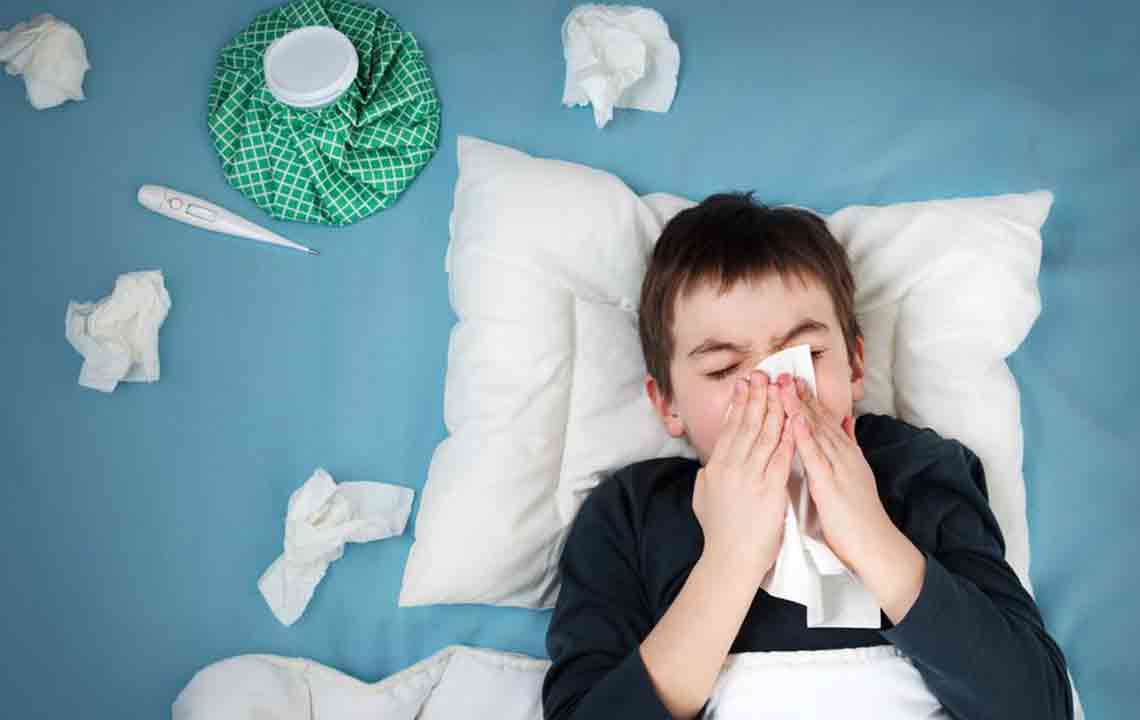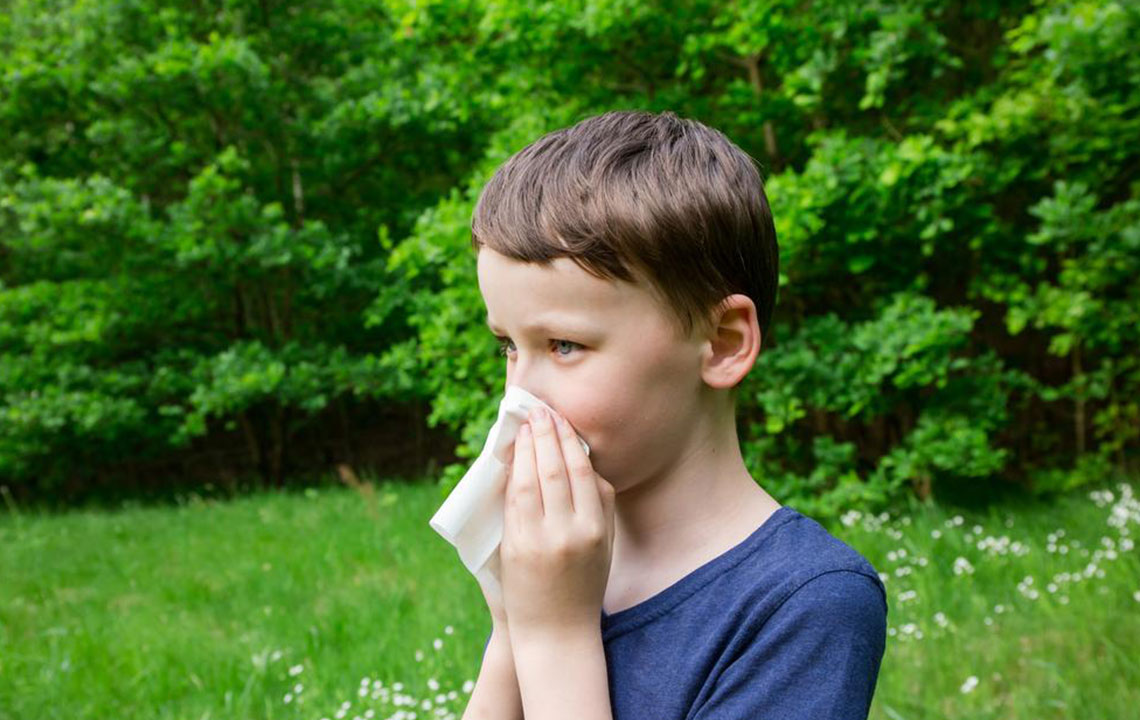Effective Strategies for Managing a Runny Nose and Accelerating Recovery
Learn comprehensive strategies to manage a runny nose effectively. This guide covers essential remedies, precautions, and when to seek medical help to ensure a quick recovery. Stay healthy and symptom-free with these expert tips.

Important Precautions When Dealing with a Runny Nose
A runny nose, also known as rhinorrhea, is a common condition characterized by excess mucus discharge from the nasal passages. It often occurs due to infections like the common cold or flu, allergies, or irritants. While it may seem minor, a persistent runny nose can significantly impact daily life, leading to discomfort, difficulty breathing, headaches, fatigue, and sometimes fever. Recognizing the importance of proper management and timely intervention can make a notable difference in recovery time and overall well-being.
Understanding how to effectively handle a runny nose involves both knowing what actions to take and knowing what behaviors to avoid. Missteps can potentially prolong the illness or worsen symptoms. This detailed guide aims to provide comprehensive advice on managing a runny nose, emphasizing preventive measures, remedies, and behaviors that promote recovery.
Common Causes of a Runny Nose
Before diving into management strategies, it is helpful to understand what causes a runny nose. The most prevalent factors include:
Viral Infections: The common cold, influenza, and other viral illnesses often trigger rhinorrhea as the immune system responds to the pathogens.
Allergic Reactions: Allergens such as pollen, dust mites, pet dander, or mold can cause allergic rhinitis, leading to a persistent runny nose.
Irritants and Environmental Factors: Exposure to smoke, strong odors, pollution, or sudden temperature changes can irritate nasal passages.
Other Medical Conditions: Sinus infections, nasal polyps, or structural abnormalities in the nasal cavity can also contribute.
Proper management depends on accurately identifying the underlying cause, but general measures can be effective regardless of etiology.
Effective Management Tips for a Runny Nose
While a runny nose can be bothersome, implementing proper management strategies can significantly ease symptoms and speed up recovery. Here are some key practices to consider:
Stay Hydrated
Hydration plays a crucial role in managing rhinorrhea. Consuming plenty of fluids like water, herbal teas, warm broths, and fruit juices helps thin the nasal mucus, making it easier to drain and reducing congestion. Proper hydration also supports the immune system, aiding in faster recovery. Avoid dehydration by setting reminders to drink regularly, especially if experiencing fever or fatigue.
Prioritize Rest and Sleep
Rest is one of the most effective ways to support your body's healing process. When you rest adequately, your immune system can focus on fighting off infection or allergens. Lack of sleep or insufficient rest may weaken immune responses, prolonging the illness. If possible, take naps or elevate your head with extra pillows during sleep to facilitate nasal drainage and reduce congestion.
Use Steam Inhalation and Humidifiers
Steam inhalation is a time-tested remedy for relieving nasal congestion and soothing irritated nasal passages. Fill a bowl with hot water, lean over it, and inhale the steam for 10-15 minutes. Adding essential oils like eucalyptus or menthol can enhance relief. Alternatively, using a humidifier in your room adds moisture to dry air, which helps prevent nasal dryness and eases mucus flow.
Apply Nasal Sprays and Saline Irrigation
Saline nasal sprays or rinses (like neti pots) are safe, natural methods to cleanse nasal passages. They reduce mucus buildup, clear allergens, and alleviate congestion. Ensure sterile water is used to prevent infection. These methods are especially beneficial in allergic rhinitis and sinusitis cases.
Consume Warm Liquids and Herbal Remedies
Warm liquids such as ginger tea, chicken broth, and honey-lemon drinks soothe sore throats and promote mucus drainage. Ginger has anti-inflammatory properties, while honey acts as a natural antimicrobial. Incorporate these into your diet to enhance your body's defenses and ease discomfort.
Over-the-Counter Medications
Decongestants, antihistamines, and pain relievers can provide symptomatic relief. Use nasal sprays containing oxymetazoline for short-term congestion relief but avoid prolonged use to prevent rebound congestion. Consult a healthcare professional before starting any medication, especially if you have underlying health conditions or are taking other drugs.
What to Avoid While Managing a Runny Nose
Despite the desire to accelerate recovery, certain behaviors can hinder progress or worsen symptoms. Be cautious of the following:
Dehydrating Beverages: Limit intake of caffeine or alcohol, which can lead to dehydration, further thickening mucus and prolonging congestion.
Ignoring Rest: Pushing through fatigue or neglecting rest can impair immune function, lengthening illness duration.
Engaging in Intense Physical Activities: Strenuous exercise may exacerbate symptoms or cause additional strain on your immune system, delaying recovery.
Delayed Treatment: Waiting too long to address symptoms can result in complications or prolonged discomfort. Early intervention with appropriate remedies is recommended.
Harsh Nose Blowing: Vigorous blowing can irritate nasal tissues and worsen inflammation. Instead, blow gently one nostril at a time to clear mucus safely.
When to Seek Medical Attention
If symptoms persist beyond 10 days, worsen, or are accompanied by high fever, severe facial pain, or swelling around the eyes, consult a healthcare professional. These may be signs of sinus infection or other underlying conditions needing targeted treatment. Persistent or recurrent nasal issues should be evaluated to prevent potential complications.
Summary and Final Tips
Managing a runny nose effectively requires a combination of supportive remedies, lifestyle adjustments, and prompt treatment. Staying well-hydrated, getting adequate rest, utilizing natural cures like steam inhalation, and practicing good nasal hygiene can significantly reduce discomfort and accelerate recovery. Avoiding behaviors that hinder healing is equally important. Remember that early intervention makes a big difference in preventing complications and restoring nasal health promptly.
Always listen to your body, and consult healthcare providers when needed. Emphasizing proactive care and natural remedies can help you navigate and recover from a runny nose efficiently, enabling you to return to normal activities sooner.





